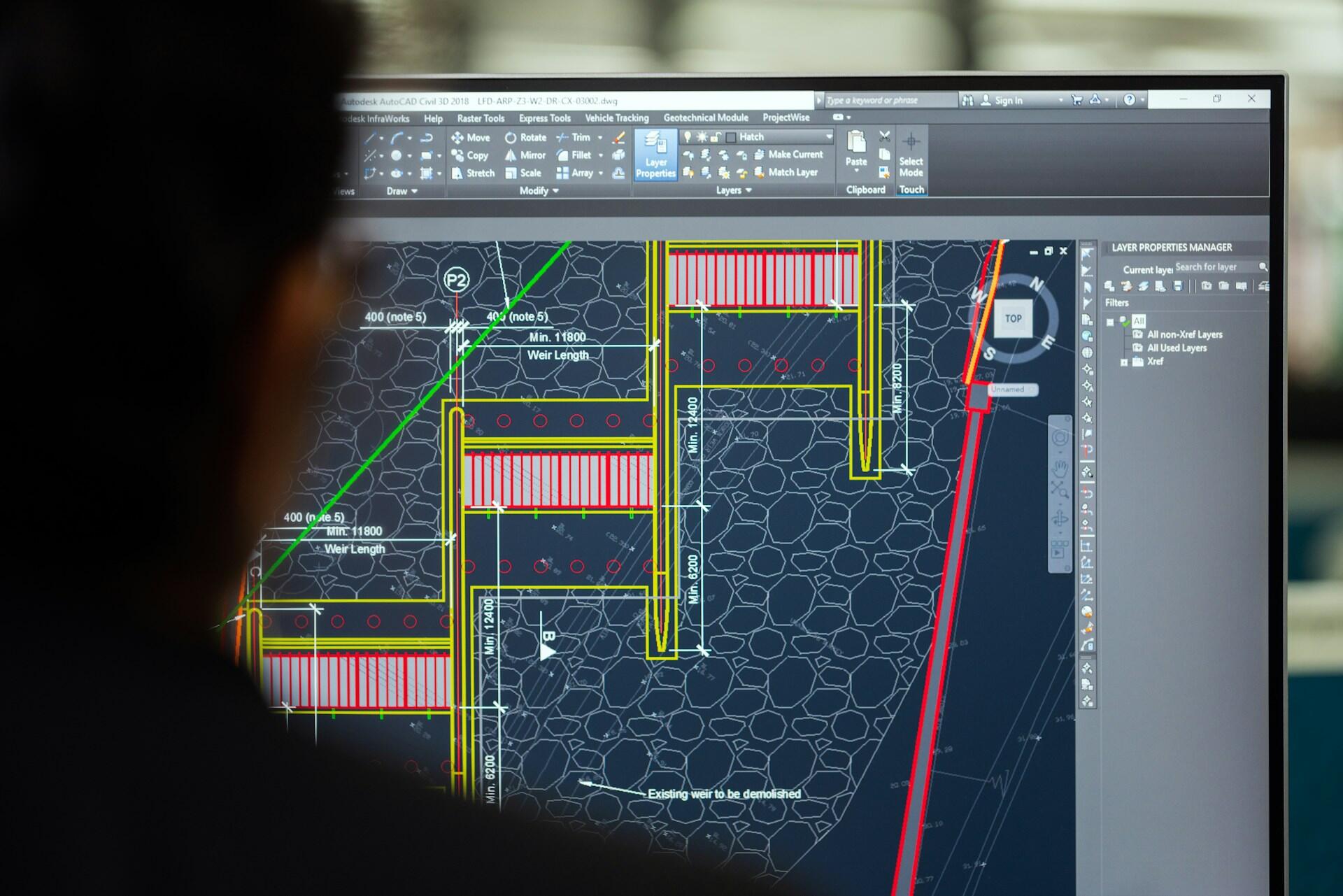Undertaking Engineering Degrees The coalition Engineers Declare has a message for anyone considering a career in engineering: "Yes, do it now and do it quickly!". This engineering association recognises that our built environment and activity intensify environmental and climate risks. They urge engineers across Australia to join them in finding solutions to minimise those risks.[…]
20 August 2023∙6 minutes to read
Why and How You Should Study Engineering in Australia Engineering is a fairly broad subject, but to put it simply, it's about designing, testing, and making things using maths and science. It's a fascinating subject and one that's traditionally been considered an excellent career choice. But is this still the case? Should you study Engineering[…]
17 July 2023∙7 minutes to read
Get the Engineering tutoring you need
Studying engineering opens doors to not only innovation and complex problem-solving, but a wide variety of industries and a stable career path. Whether you’re studying engineering online or in person, finding an engineering tutor can be ideal for excelling at your course.
They assist in time management, ensuring effective engineering coursework balance. Through engineering tutoring tests, your tutors will aid in exam prep and assessment support. Connect with engineering tutors in Melbourne, Sydney, Brisbane, Perth or Adelaide.
In the era of technological advancements, the field of engineering plays a pivotal role in ensuring that infrastructure, machinery, and systems function seamlessly. With the ongoing evolution of technology, new career opportunities in engineering have emerged that were once non-existent. These roles offer lucrative salaries and flexible working conditions for those with the right expertise.
Why Study Engineering?
The appeal of engineering is undeniable in today’s world, where practical design and innovation are at the forefront of economic development. But why should you consider studying engineering? Here are three compelling reasons. Firstly, engineers are highly valued for their skills and often command impressive starting salaries, with graduates potentially earning upwards of £30,000 annually. If financial security is a goal, engineering is a worthwhile field to consider. Secondly, the versatility of engineering allows for various working environments, from onsite project management to remote design and analysis, making it ideal for those who appreciate diversity in their work settings. Thirdly, possessing engineering skills enhances your resume, providing a competitive edge in numerous industries beyond traditional engineering sectors.
What are the Key Disciplines of Engineering?
Many people unfamiliar with the engineering sector might not realise the breadth of specialisations available. From civil to mechanical, electrical to chemical, each discipline of engineering serves a specific purpose and addresses unique challenges. Therefore, it’s crucial for aspiring engineers to focus on a particular area that aligns with their interests and career aspirations. Each discipline requires a deep understanding of specific principles, which are typically covered in dedicated engineering courses, whether part-time or full-time.
What Jobs are Available to Engineers?
Upon completing their qualifications, engineers enter a job market brimming with opportunities across various sectors such as construction, technology firms, government bodies, and more. The skills developed during engineering studies, such as problem-solving and critical thinking, are highly sought after by employers in other fields as well. Common engineering roles include civil engineer, mechanical engineer, electrical engineer, chemical engineer, systems analyst, and project manager, to name a few. These positions are not only well-compensated but also come with numerous benefits, including the option to work remotely—ideal for those who prefer or require a home-based setting.
Tips to Succeed in Engineering Studies
To maximise success in the field of engineering, it’s wise to heed advice from experienced professionals. For starters, apply theoretical knowledge practically as soon as you learn it. Whether through simulations or real-world applications, hands-on experience solidifies learning and enhances understanding. Additionally, never hesitate to seek help. In academic settings, instructors are ready to assist, and outside, mentors and online communities can offer support. Furthermore, staying current with industry developments through resources such as journals, webinars, and workshops is crucial for any budding engineer aiming to excel in their career.
In conclusion, engineering is not just a career but a crucial component of modern society. It’s highly recommended to acquire at least foundational engineering knowledge, which can significantly boost your professional prospects.



